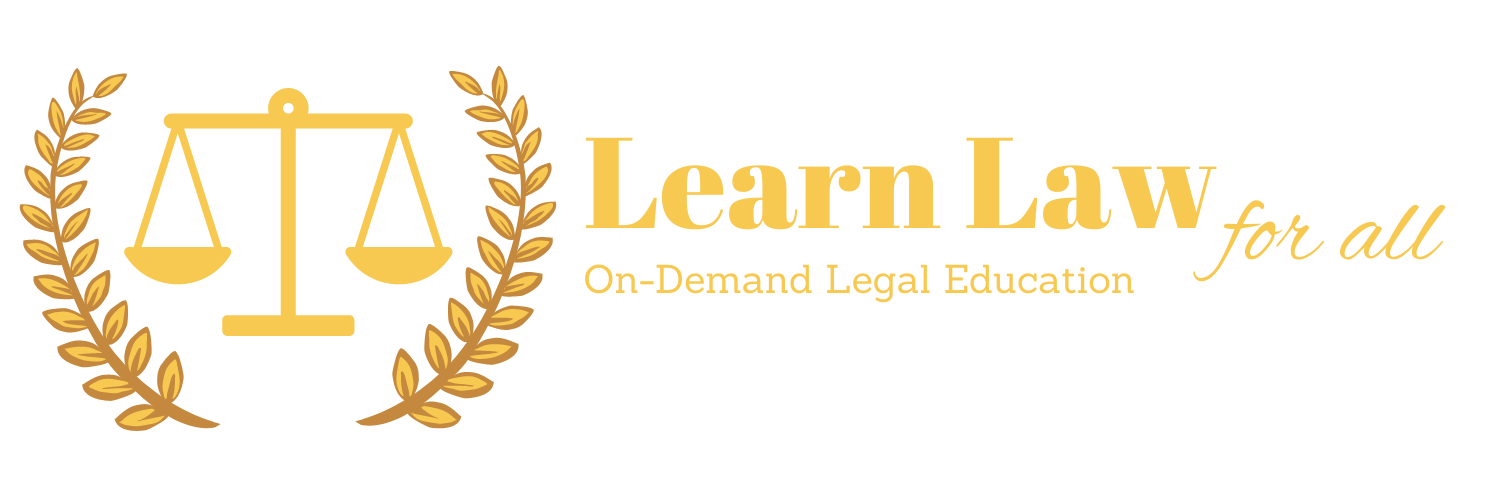Family law and estate planning may seem like distinct
fields, but they often converge, especially during life's significant
transitions, like divorce. As experts in both realms, we emphasize the
importance of harmonizing your estate plans with your family law matters.
Here's why they're two sides of the same coin:
- Divorce
and Estate Planning: A Symbiotic Relationship - The process of divorce
isn't just about separating from your spouse; it's also about reevaluating
your estate plan. Wills, trusts, and beneficiary designations that once
made sense may no longer reflect your current wishes or circumstances
post-divorce.
- The
Perils of Inaction: Ignoring your estate plan during a divorce can
lead to unintended consequences. For example, failing to update your will
or trust might inadvertently benefit your ex-spouse. Similarly, not
updating beneficiaries on life insurance policies or retirement accounts
could lead to surprises down the line.
When navigating a divorce, it's crucial to consider how it
intersects with your estate planning. Here's what you should keep in mind:
- Update
Your Will and Trusts: Ensure that your will and any trusts reflect
your current wishes, especially concerning guardianship of children and
the distribution of assets.
- Revisit
Beneficiary Designations: Don't overlook life insurance, retirement
accounts, and other assets with beneficiary designations, as these are not
automatically revised in the event of a divorce.
- Consider
Your Power of Attorney: Reassess who has the power of attorney to make
decisions on your behalf, particularly in health care and financial
matters.
-
Do:
Regularly review and update your estate plan, especially during major life
changes like divorce.
- Don't:
Delay making necessary changes, assuming that it can wait until after the
divorce is finalized.
- Do:
Consult with professionals who specialize in both family law and estate
planning to ensure a holistic approach.
- Don't:
Overlook the impact of state laws, which can vary and significantly affect
your estate planning and divorce proceedings.
Large text.
While this blog offers a primer on the interconnection between family law and estate planning, there's so much more to explore. Our upcoming class, which qualifies as a Continuing Legal Education (CLE) course, will delve deeper into these subjects, empowering you with the knowledge to navigate these legal fields confidently.
Balancing family law considerations with estate planning is
not just about legal compliance; it's about ensuring your peace of mind and
securing your family's future. At Learn Law For All, we're committed to guiding
you through these complex intersections with ease and expertise. Remember, the
smartest step you can take is to stay informed and proactive in your legal
affairs. Join us for our in-depth class, and let's learn like a lawyer
together!

